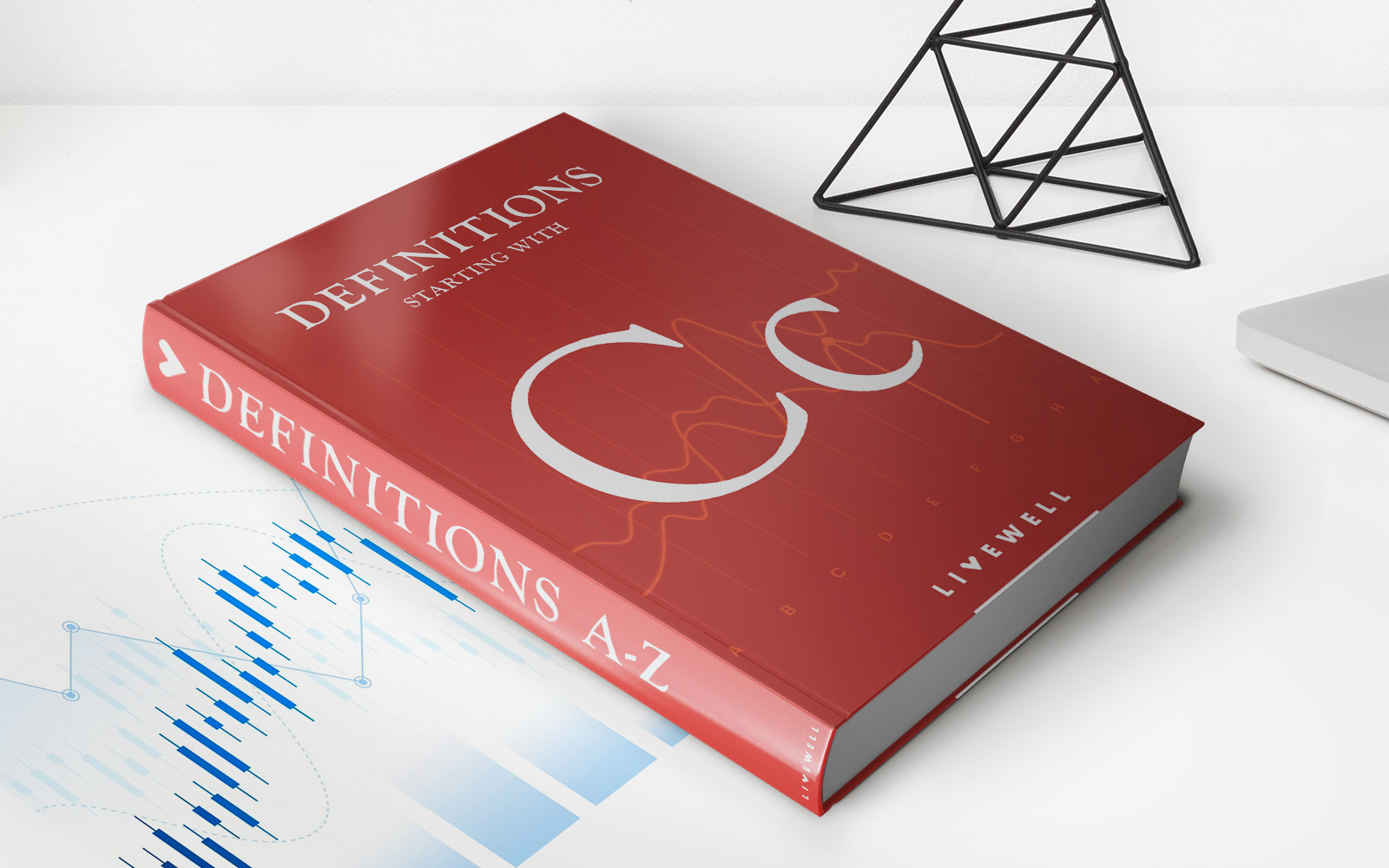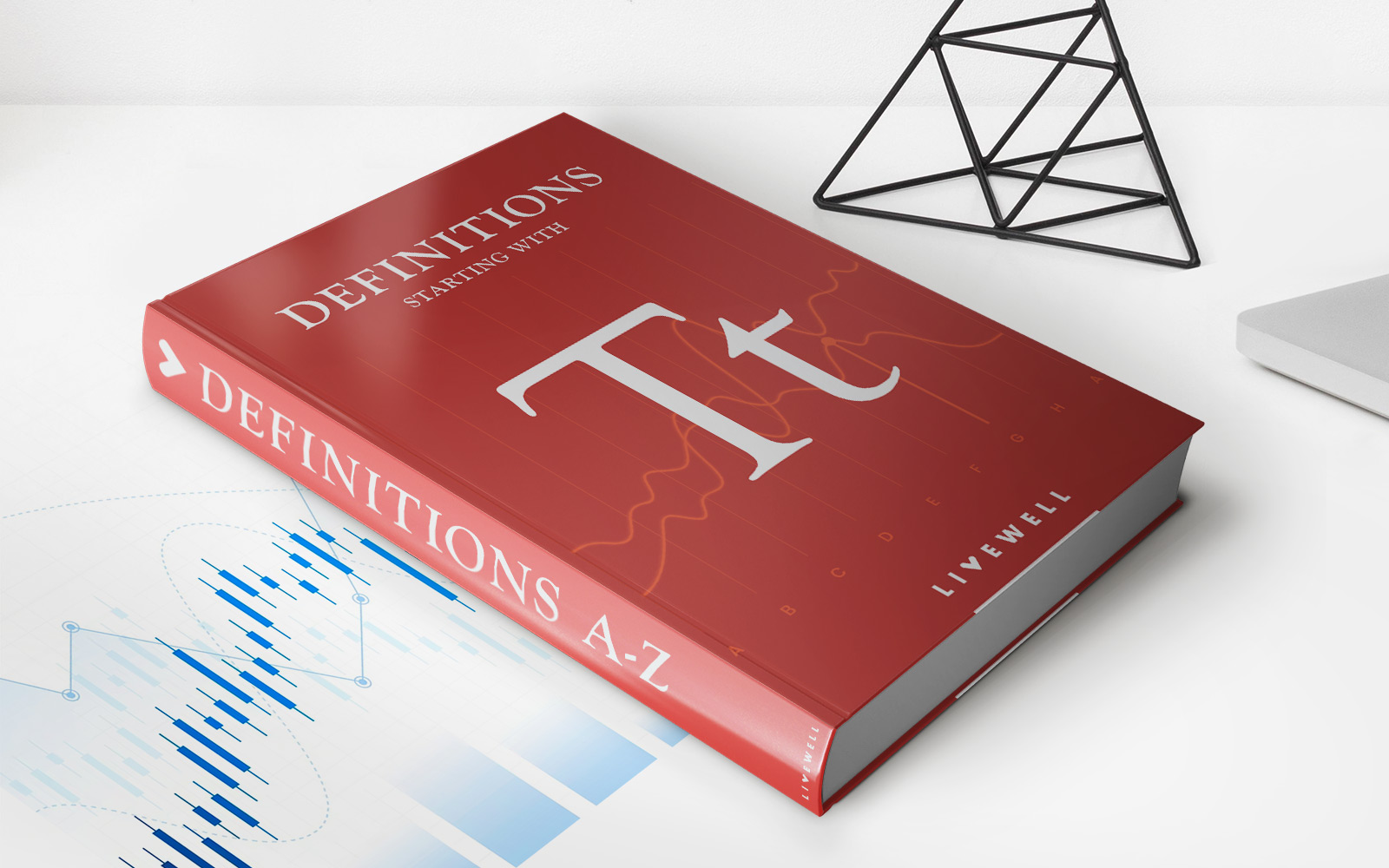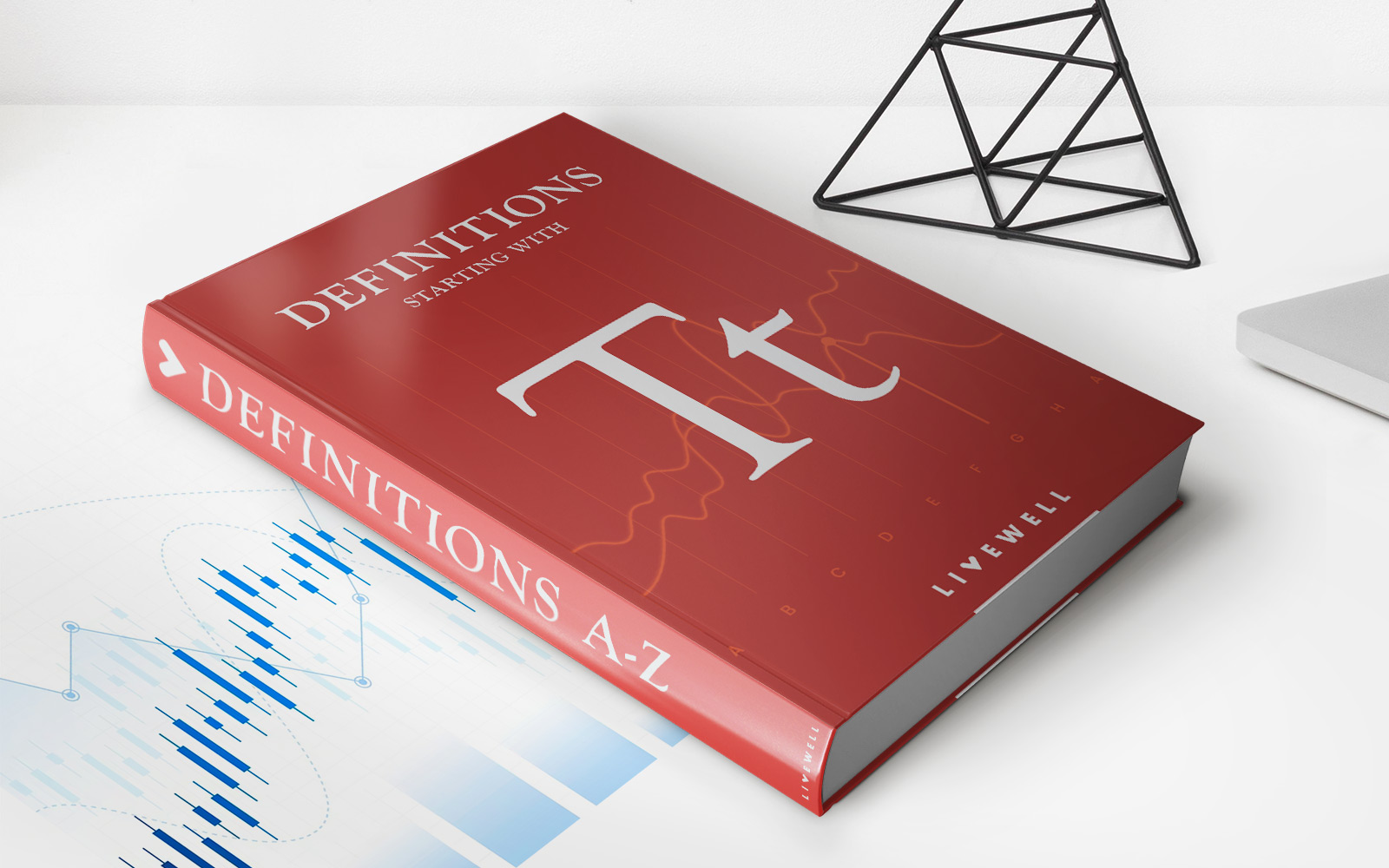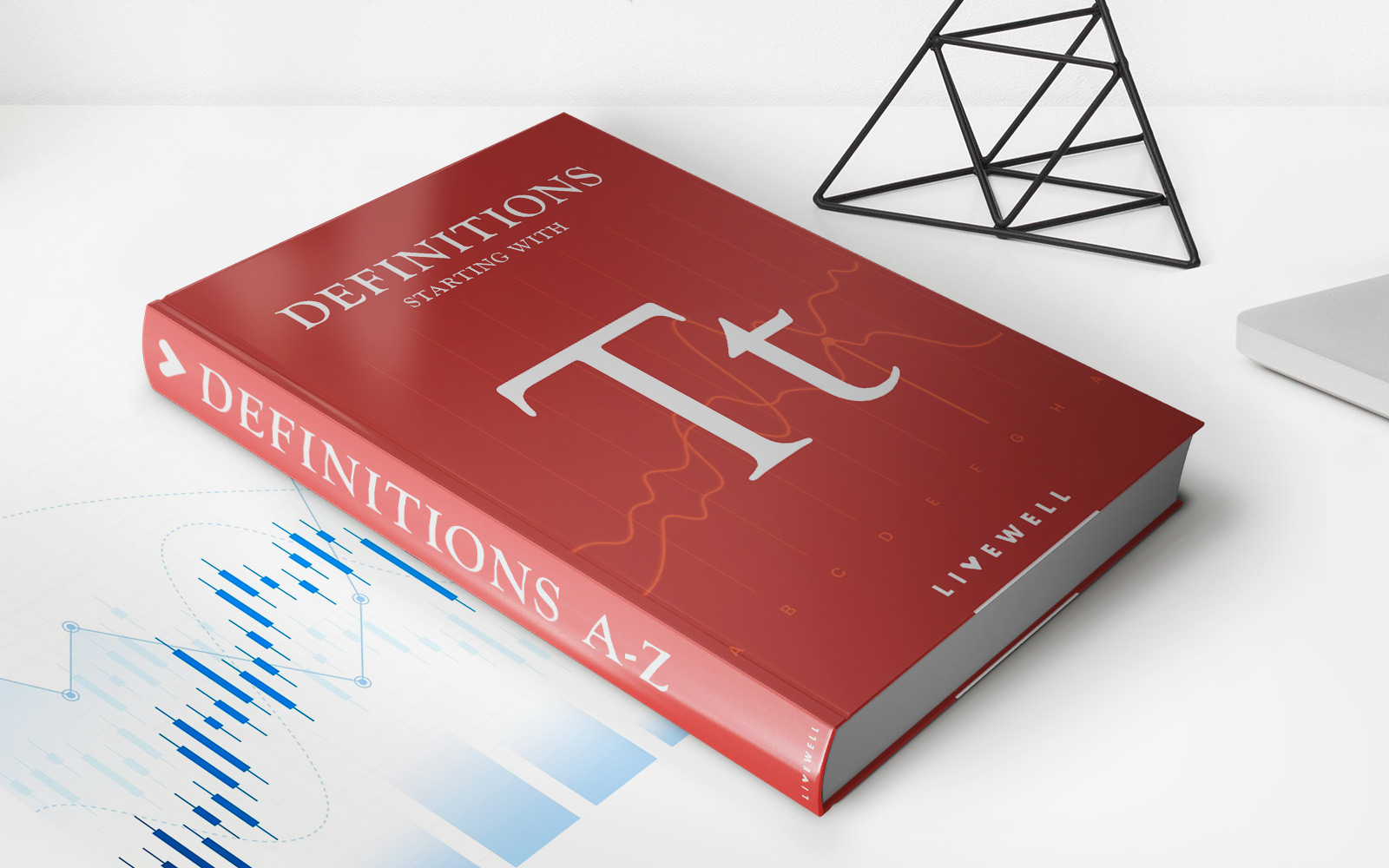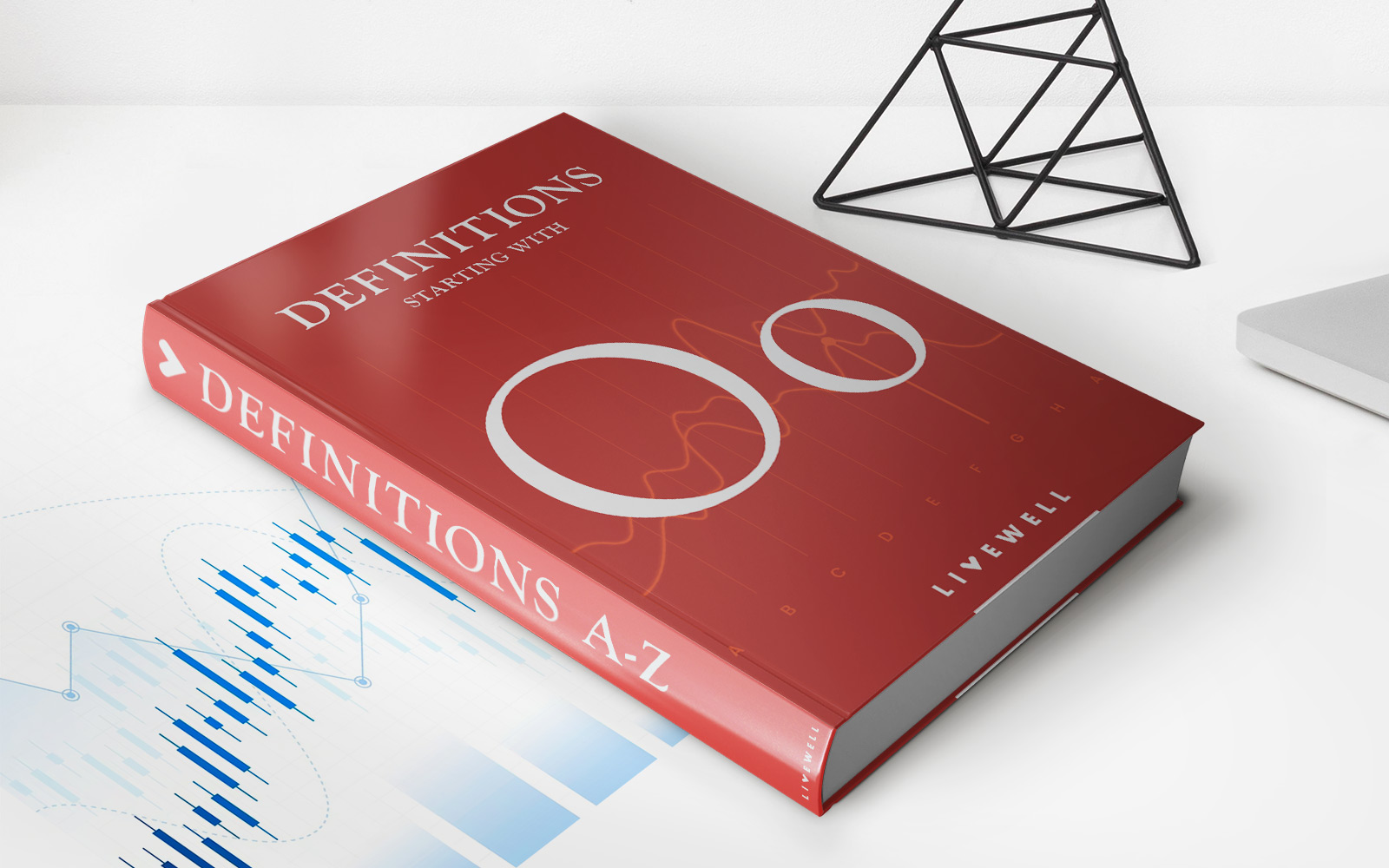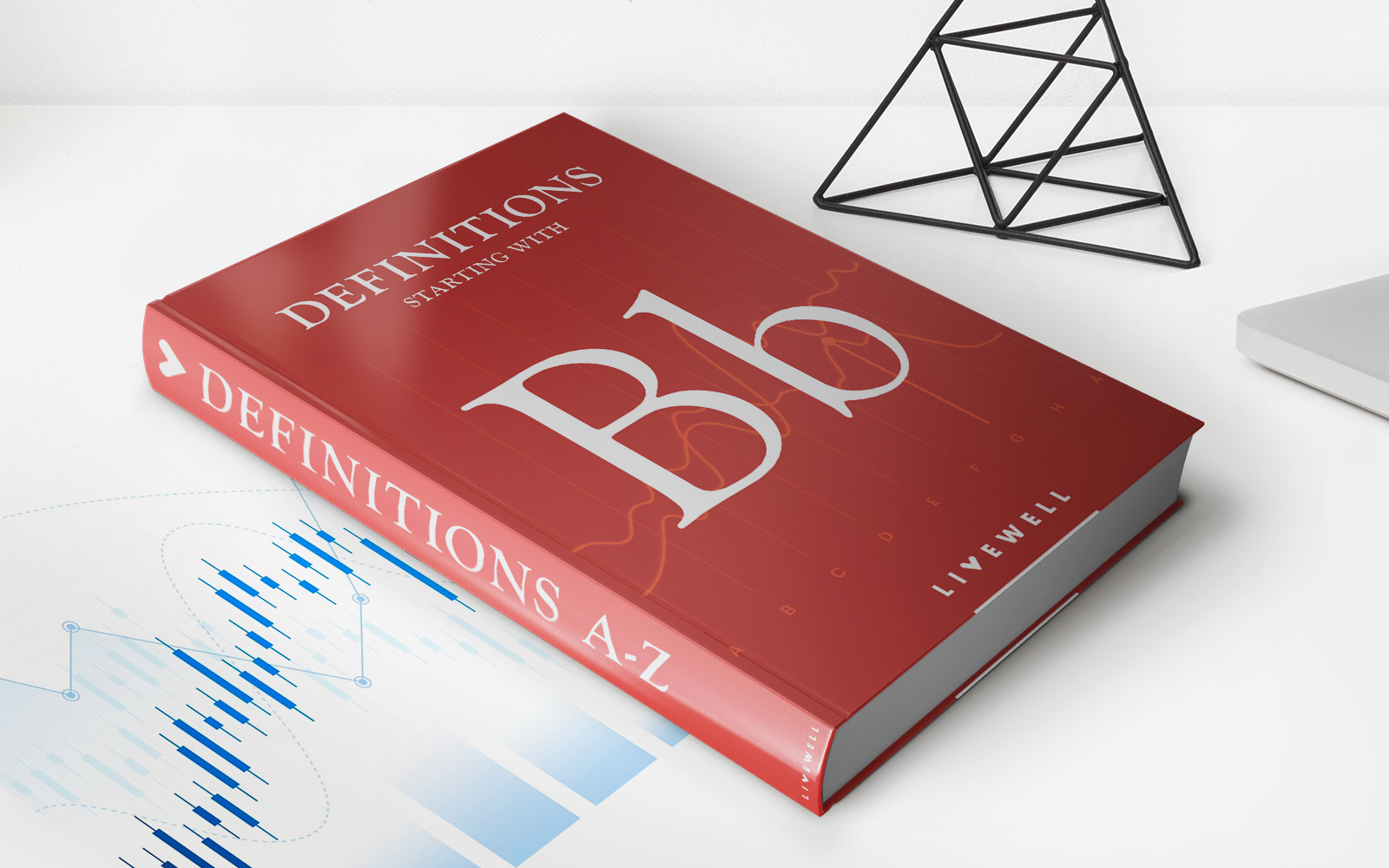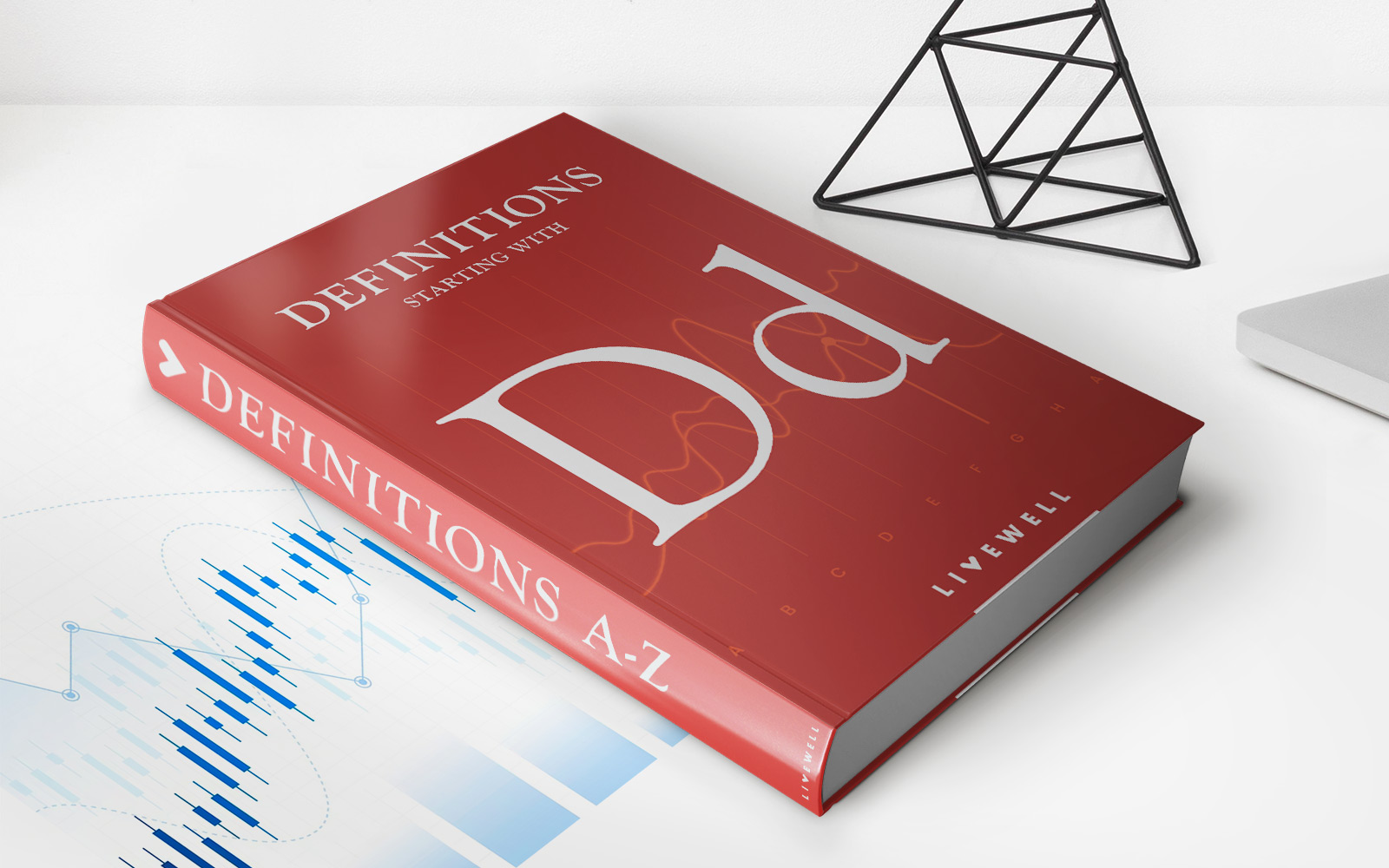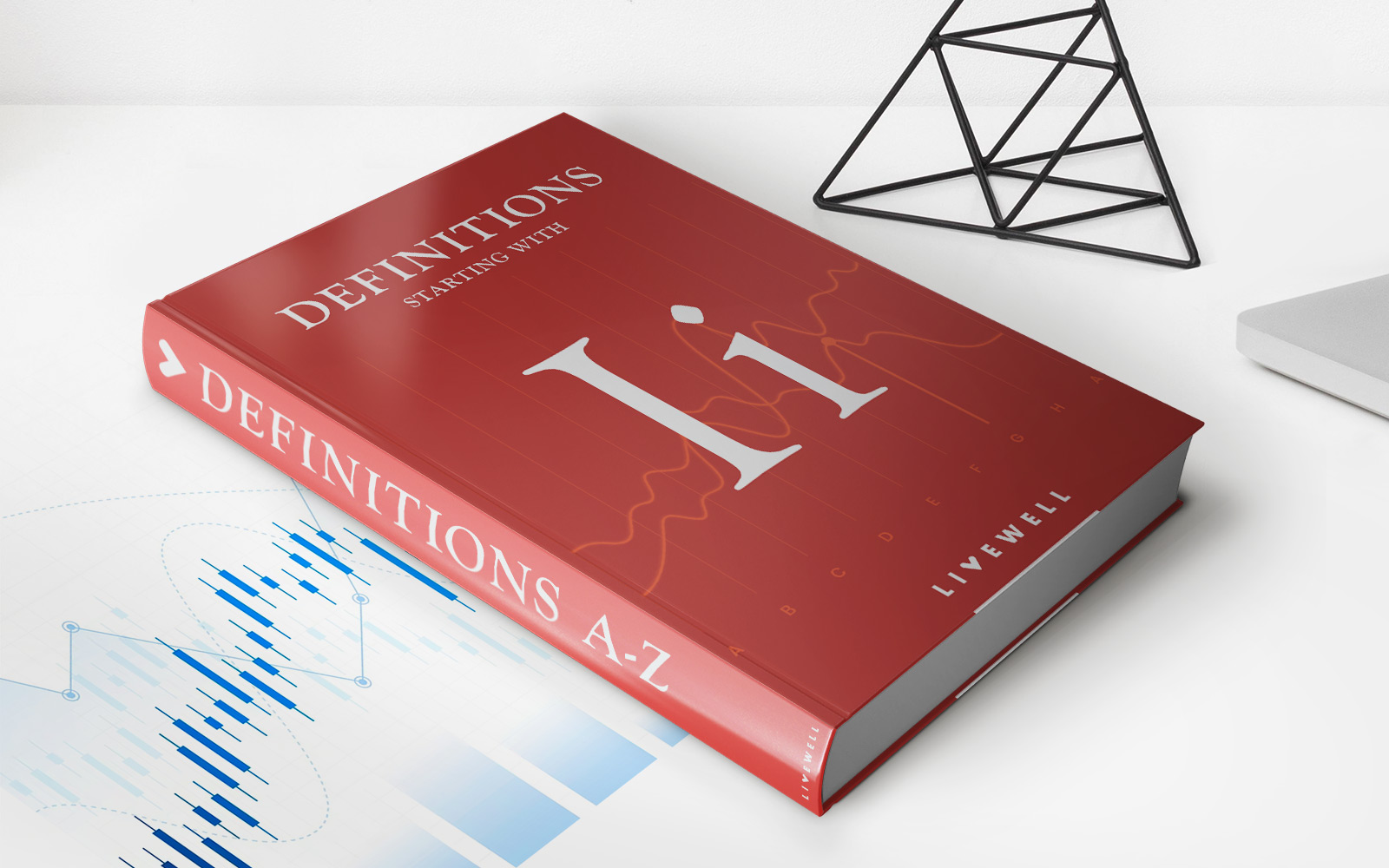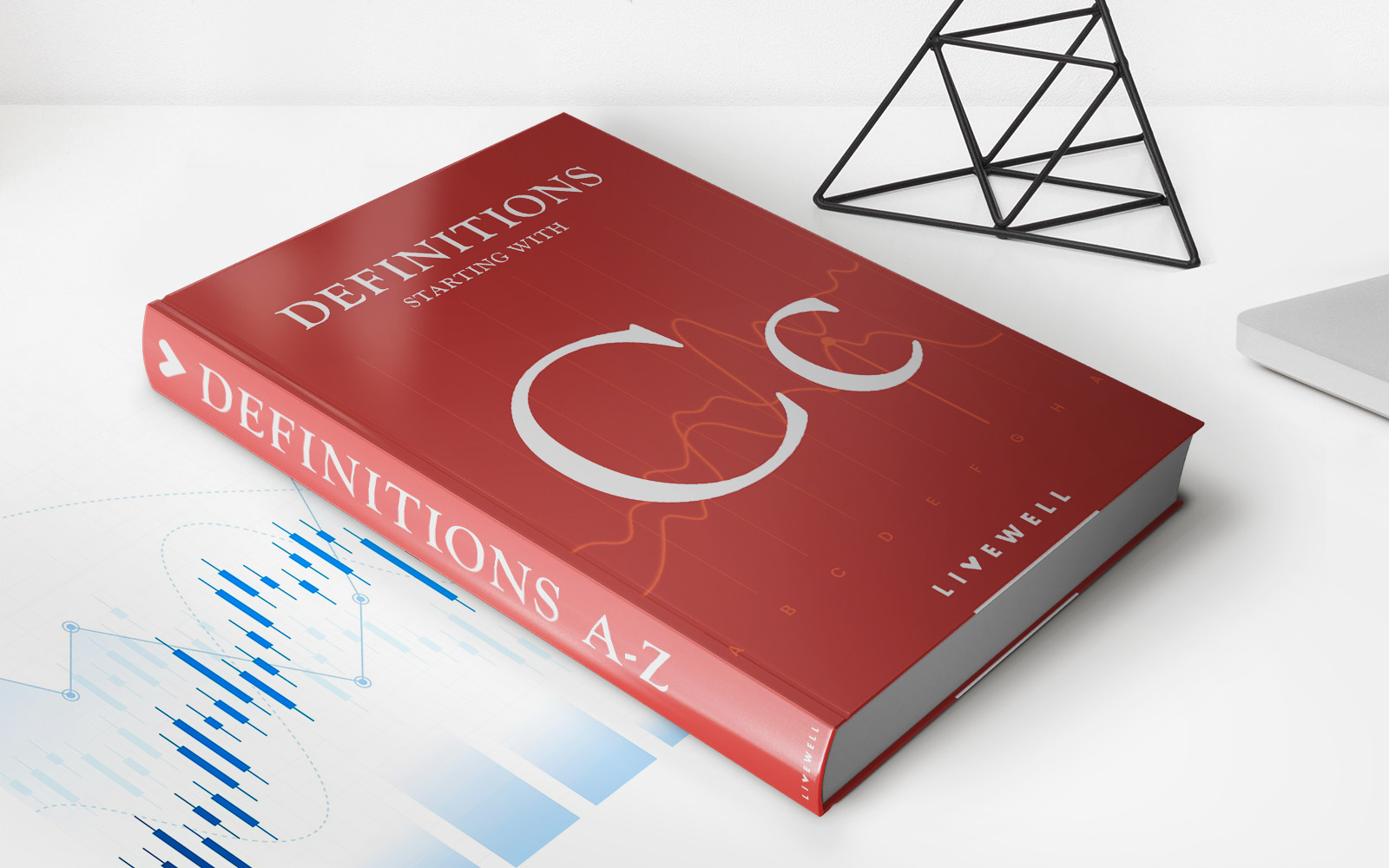

Finance
What Does Tier 1 Credit Mean
Modified: February 21, 2024
Discover the meaning of Tier 1 credit and its significance in finance. Learn how having Tier 1 credit can benefit your financial journey.
(Many of the links in this article redirect to a specific reviewed product. Your purchase of these products through affiliate links helps to generate commission for LiveWell, at no extra cost. Learn more)
Table of Contents
Introduction
When it comes to financing major purchases, such as a car or a home, having good credit is crucial. It not only determines whether you will be approved for a loan, but also affects the interest rate you will receive. One term that often comes up in discussions about creditworthiness is “Tier 1 Credit.” But what exactly does this term mean?
Tier 1 Credit refers to the highest level of creditworthiness that a borrower can achieve. It is a scoring system used by lenders to determine the level of risk associated with lending money to an individual. Having Tier 1 Credit indicates that you have a strong credit history, a high credit score, and a low likelihood of defaults or late payments. In essence, it means that you are a highly desirable borrower in the eyes of the financial institutions.
So, why is Tier 1 Credit important? When you have Tier 1 Credit, you enjoy several benefits and opportunities. Lenders are more likely to approve your loan application, and you are likely to receive the most favorable interest rates and terms. This can lead to significant savings over the life of a loan, as lower interest rates result in lower monthly payments and less money spent on interest charges. Additionally, having good credit not only opens doors for loans and credit cards, but it also affects other aspects of your financial life, such as insurance premiums and rental applications.
To qualify for Tier 1 Credit, you need to meet specific criteria set by lenders. While these requirements may vary slightly depending on the financial institution, they generally include factors such as a high credit score, a steady income, a low debt-to-income ratio, and a clean credit history. It’s important to note that meeting these qualifications not only improves your chances of obtaining Tier 1 Credit but also positions you as a financially responsible individual.
When you achieve Tier 1 Credit, you gain access to a world of benefits. Firstly, you have the opportunity to secure loans at the most competitive interest rates available. This means that you will pay less interest over time, making your borrowing more affordable and allowing you to save money. Additionally, lenders may also offer you perks like higher credit limits, lower fees, and more favorable repayment terms. All these advantages give you greater financial flexibility and can potentially help you reach your goals faster.
Definition of Tier 1 Credit
Tier 1 Credit is a term used in the finance industry to describe the highest level of creditworthiness that an individual can achieve. It is a ranking system used by lenders to assess the risk associated with lending money to a borrower. The term “tier” signifies different levels of creditworthiness, with Tier 1 being the most favorable and desirable.
In essence, having Tier 1 Credit means that you have an excellent credit history, a high credit score, and a demonstrated track record of responsible financial behavior. Lenders view individuals with Tier 1 Credit as the least risky borrowers, as they have consistently demonstrated their ability to manage their finances and repay their debts.
The criteria used to determine Tier 1 Credit may vary slightly between lenders, but generally include factors such as:
- A high credit score: Typically, a credit score above 720 or 740 (out of a range of 300 to 850) is required to qualify for Tier 1 Credit.
- A clean credit history: This means having a limited or no history of late payments, defaults, bankruptcies, or other negative marks on your credit report.
- A low debt-to-income ratio: Lenders look for borrowers who have a reasonable amount of debt compared to their income. A lower debt-to-income ratio indicates that you have the ability to manage your current and future debt obligations.
- A stable income: Lenders prefer borrowers with a steady and reliable source of income, as it provides reassurance that you will be able to make timely loan payments.
By meeting these criteria, individuals with Tier 1 Credit demonstrate their financial responsibility and capability to handle credit responsibly. Lenders are more likely to approve loan applications from borrowers with Tier 1 Credit, as they have a higher likelihood of repaying the loan in a timely manner.
It’s important to note that each lender may have its own specific requirements and definitions for Tier 1 Credit. While some institutions may strictly adhere to specific credit score ranges, others may take a more holistic approach, considering additional factors such as employment history and relationship with the bank.
In summary, Tier 1 Credit is the highest level of creditworthiness that an individual can achieve. It is a designation that indicates the borrower’s high credit score, clean credit history, low debt-to-income ratio, and stable income. Having Tier 1 Credit opens up various financial opportunities, including access to the most favorable loan terms, lower interest rates, and potential perks from lenders.
Importance of Tier 1 Credit
Tier 1 Credit is of utmost importance when it comes to your financial well-being. It not only affects your ability to secure loans but also plays a significant role in determining the terms and conditions you will receive. Here are some key reasons why Tier 1 Credit is important:
1. Loan Approval: When you have Tier 1 Credit, you are more likely to have your loan applications approved. Lenders view individuals with a strong credit history and high credit scores as responsible borrowers who are less likely to default or miss payments. This gives them the confidence to lend you the funds you need, whether it’s for purchasing a car, buying a home, or financing a major expense.
2. Lower Interest Rates: Having Tier 1 Credit can save you a significant amount of money in interest charges. Lenders offer the best interest rates and terms to borrowers with excellent credit because they pose less risk. With lower interest rates, your monthly payments will be more affordable, and you’ll end up paying less over the life of the loan. The money saved can be used for other financial goals or to build your savings.
3. Access to Better Credit Cards: Credit card companies also consider creditworthiness when approving applications. With Tier 1 Credit, you have a higher chance of being approved for premium credit cards that offer enhanced benefits, such as higher credit limits, lower interest rates, cashback rewards, or travel perks. These additional benefits can provide you with more financial flexibility and maximize the value you get from your credit cards.
4. Improved Insurance Rates: Your creditworthiness can also impact your insurance premiums. Many insurance providers consider credit scores when determining rates for auto, home, and renters insurance. Individuals with higher credit scores, including those with Tier 1 Credit, may qualify for lower insurance premiums. Maintaining good credit can help you save money on insurance expenses over the long term.
5. Enhanced Rental Opportunities: Landlords often run credit checks on prospective tenants to assess their financial responsibility. Those with Tier 1 Credit are considered more desirable renters and may have an advantage when applying for rental properties. Having good credit can increase your chances of getting approved for a lease and may even allow you to negotiate better rental terms.
6. Financial Security: Building and maintaining Tier 1 Credit provides a sense of financial security. It indicates that you are managing your finances responsibly, which can open doors to better borrowing options, lower interest rates, and potential savings. Furthermore, having Tier 1 Credit allows you to take advantage of opportunities as they arise, such as taking advantage of low-interest financing offers or securing favorable terms on credit cards or loans.
Overall, Tier 1 Credit is essential for accessing favorable financial opportunities and saving money. It demonstrates your creditworthiness, increases the likelihood of loan approval, and can significantly reduce the amount you pay in interest. By maintaining excellent credit, you can enjoy the benefits of lower rates, better borrowing options, and greater financial security.
Qualifications for Tier 1 Credit
To achieve Tier 1 Credit, individuals must meet specific qualifications set by lenders. While the requirements may vary slightly between financial institutions, here are some common factors considered when determining whether an individual qualifies for Tier 1 Credit:
- High Credit Score: A high credit score is typically a primary requirement for Tier 1 Credit. Most lenders consider a credit score above 720 or 740 (on a scale of 300 to 850) as an indicator of excellent creditworthiness. It is important to regularly monitor your credit score and take steps to improve it if necessary, such as making timely payments and keeping credit utilization low.
- Clean Credit History: Lenders look for borrowers with a clean credit history, free from bankruptcy filings, foreclosures, repossessions, tax liens, and excessive late payments. Having a history of responsible credit management and prompt payment of debts demonstrates to lenders that you are a low-risk borrower.
- Low Debt-to-Income Ratio: A low debt-to-income ratio (DTI) is an important consideration for Tier 1 Credit. Lenders want to ensure that borrowers have enough income to cover existing financial obligations comfortably. A DTI ratio below 36%, including all monthly debt payments (such as mortgage, student loans, credit cards, and auto loans), demonstrates responsible debt management and greater ability to handle additional credit.
- Stable Income: Lenders prefer borrowers with a steady and reliable source of income. A stable income shows that you have the means to repay your debts on time and poses less risk to the lender. Proof of employment, consistent earnings, and a solid work history are essential factors in determining Tier 1 Credit eligibility.
- Low Credit Utilization: Credit utilization refers to the percentage of available credit that you are using. Keeping your credit utilization below 30% is generally advised to maintain a good credit score and qualify for Tier 1 Credit. Lenders prefer borrowers who demonstrate responsible credit card usage and do not rely too heavily on their available credit.
It’s important to note that while these qualifications are commonly considered for Tier 1 Credit, each lender may have slightly different requirements and weightings for these factors. Some lenders may also take into account additional factors, such as the length of credit history, types of credit accounts, and relationship with the financial institution.
Building and maintaining Tier 1 Credit requires diligence and responsible financial management. Regularly reviewing your credit report, making timely payments, keeping your debt levels in check, and avoiding unnecessary credit inquiries can all contribute to achieving and maintaining this desirable credit status.
By meeting the qualifications for Tier 1 Credit, individuals demonstrate their creditworthiness and financial responsibility. This not only enhances their chances of securing loans and credit on favorable terms but also opens up opportunities for other advantageous financial products and services.
Benefits of Tier 1 Credit
Having Tier 1 Credit offers numerous benefits and advantages to individuals. Lenders view borrowers with excellent creditworthiness as low-risk borrowers, which leads to several favorable outcomes:
- Favorable Loan Terms: One of the most significant benefits of Tier 1 Credit is the opportunity to secure loans at the most favorable terms. Lenders are more willing to lend to individuals with Tier 1 Credit, offering lower interest rates, longer repayment periods, and more flexible terms. This translates into lower monthly payments, more manageable debt, and potential savings over the life of the loan.
- Lower Interest Rates: Perhaps the most compelling benefit of Tier 1 Credit is the ability to access the lowest interest rates on loans and lines of credit. Lenders reward borrowers with excellent credit by offering them the most competitive rates. The difference in interest rates between Tier 1 Credit and lower credit tiers can be substantial and lead to significant savings over time.
- Higher Credit Limits: Borrowers with Tier 1 Credit may enjoy higher credit limits on credit cards and other credit lines. With higher limits, individuals have increased purchasing power and more flexibility in managing their finances. This can be particularly beneficial for larger purchases or emergencies that require additional funds beyond their usual spending capacity.
- Lower Fees and APRs: Tier 1 Credit can also lead to lower fees and annual percentage rates (APRs) on credit products. Lenders may be more willing to waive annual fees, reduce balance transfer fees, or offer promotional 0% APR periods for individuals with excellent credit. These savings can accumulate over time and contribute to overall financial well-being.
- Improved Negotiation Power: With Tier 1 Credit, individuals have increased leverage when negotiating with lenders. They can use their excellent credit as leverage to negotiate lower interest rates, waived fees, or better terms on loans and credit cards. This ability to negotiate can potentially save borrowers even more money and improve their overall financial position.
- Access to Exclusive Financial Products: Having Tier 1 Credit may open doors to exclusive financial products and services. Some financial institutions may offer VIP programs or premium membership benefits to their high-credit customers. These perks may include priority customer service, dedicated account managers, access to exclusive events, or even unique high-yield savings accounts.
Overall, Tier 1 Credit provides individuals with a range of tangible benefits, including access to favorable loan terms, lower interest rates, higher credit limits, lower fees, and enhanced negotiation power. It is a reflection of financial responsibility and opens doors to a world of better financial opportunities and savings.
How to Achieve Tier 1 Credit
While achieving Tier 1 Credit requires time and effort, it is an attainable goal that can greatly benefit your financial life. Here are some steps to help you work towards achieving and maintaining Tier 1 Credit:
- Check Your Credit Report: Start by obtaining a copy of your credit report from each of the three major credit bureaus (Equifax, Experian, and TransUnion). Review the report for any errors or discrepancies that could be negatively impacting your credit score. If you find any mistakes, report them and work with the credit bureaus to have them corrected.
- Make Timely Payments: Paying all your bills and debts on time is crucial for building good credit. Late payments can severely impact your credit score and hinder your progress towards achieving Tier 1 Credit. Set up reminders or automatic payments to ensure that you never miss a payment.
- Manage Your Debt: Keep your debt levels in check by maintaining a low credit utilization ratio. Aim to use less than 30% of your available credit. Pay down existing debts and avoid taking on excessive new credit. Managing your debt responsibly shows lenders that you are a responsible borrower.
- Diversify Your Credit Mix: Having a mix of different types of credit can positively impact your credit score. This includes a combination of credit cards, installment loans (such as auto or personal loans), and a mortgage, if applicable. However, only take on credit that you need and can manage effectively.
- Keep Old Accounts Open: Length of credit history is an important factor in calculating your credit score. Keeping older credit accounts open, even if you no longer use them, can help improve your credit history’s length and demonstrates stability and responsible credit management.
- Limit New Credit Applications: Each time you apply for new credit, a hard inquiry is placed on your credit report, which can temporarily lower your credit score. Limit the number of new credit applications to only those that are necessary. Frequent applications for new credit can signal to lenders that you are experiencing financial difficulties.
- Monitor Your Credit Regularly: Stay vigilant about your credit by monitoring your credit report and credit score regularly. There are free credit monitoring services available that can help you keep track of any changes or potential issues that may affect your creditworthiness.
- Be Patient and Persistent: Building Tier 1 Credit takes time and consistent financial responsibility. It requires a long-term commitment to managing your credit wisely. Stay patient and persistent in your efforts, as positive financial habits will improve your credit over time.
By following these steps and maintaining responsible financial habits, you can gradually improve your credit score and work towards achieving Tier 1 Credit. It is important to remember that building good credit is a continuous process, and it is important to sustain these practices to enjoy the long-term benefits of excellent creditworthiness.
Common Misconceptions about Tier 1 Credit
While Tier 1 Credit is highly desirable and comes with numerous benefits, there are some misconceptions surrounding it. Let’s explore and debunk some common misconceptions:
- Tier 1 Credit guarantees loan approval: While having Tier 1 Credit increases your chances of loan approval, it does not guarantee automatic approval for every loan. Lenders consider other factors such as income, debt-to-income ratio, employment history, and collateral (if applicable) when making loan decisions. While Tier 1 Credit improves your odds, it is not a guarantee.
- You need to be wealthy to achieve Tier 1 Credit: Income alone does not determine your credit score or creditworthiness. While having a stable and sufficient income is beneficial, individuals with modest incomes can still achieve Tier 1 Credit by demonstrating responsible credit management, making timely payments, and maintaining a low credit utilization ratio.
- Credit repair companies can instantly improve your credit to Tier 1: Credit repair companies can help you address errors on your credit report, but they cannot magically improve your credit overnight. Achieving Tier 1 Credit takes time and consistent responsible financial habits. While credit repair services can be helpful, it’s important to be cautious of scams and ensure you choose a reputable and trustworthy company.
- Closing old credit accounts helps improve your credit: Closing old credit accounts can actually have a negative impact on your credit. Length of credit history is a factor in determining your credit score, and closing old accounts shortens your credit history. Additionally, closing accounts may also affect your credit utilization ratio, potentially increasing it and lowering your credit score.
- Tier 1 Credit is only for individuals with high incomes: Creditworthiness is determined by various factors, not just income. While a higher income can be beneficial, individuals with moderate incomes can still achieve Tier 1 Credit by managing their credit responsibly, making timely payments, and maintaining a good credit score. It’s important to remember that creditworthiness is based on a holistic assessment of your financial behavior, not just income.
- Carrying a balance on your credit card improves your credit: Carrying a balance on your credit card does not improve your credit score. In fact, it can lead to unnecessary interest charges and higher debt levels. It’s generally recommended to pay your credit card balances in full and on time each month to maintain a good credit score and avoid unnecessary interest expenses.
Understanding these misconceptions is crucial for building and maintaining good credit. It’s essential to educate yourself about the factors that determine creditworthiness and adopt responsible financial habits. By dispelling these misconceptions, you can take the necessary steps to achieve and maintain Tier 1 Credit, ultimately leading to greater financial opportunities and savings.
Conclusion
Tier 1 Credit is a symbol of excellent creditworthiness and opens up a world of financial opportunities. Achieving and maintaining Tier 1 Credit requires responsible financial habits, such as making timely payments, managing debt effectively, and maintaining a good credit score. The benefits of Tier 1 Credit are numerous, including access to loans at favorable terms, lower interest rates, higher credit limits, and enhanced negotiation power.
It’s important to understand that building Tier 1 Credit is a process that takes time and consistent effort. Regularly monitoring your credit report, practicing responsible credit management, and demonstrating financial responsibility are essential for achieving and maintaining Tier 1 Credit. Misconceptions surrounding Tier 1 Credit, such as instant improvement or the need for high income, should be debunked to ensure a realistic understanding of creditworthiness.
By striving for Tier 1 Credit, individuals can enjoy the benefits of financial security, lower interest expenses, and increased borrowing power. It is a testament to their responsible financial behavior and opens doors to better loan terms, lower fees, and potential savings. Remember that achieving Tier 1 Credit is not an end goal, but rather a continuous effort to maintain good credit habits and financial responsibility.
Take the necessary steps to build and maintain your creditworthiness, and you will reap the rewards of Tier 1 Credit for years to come.

